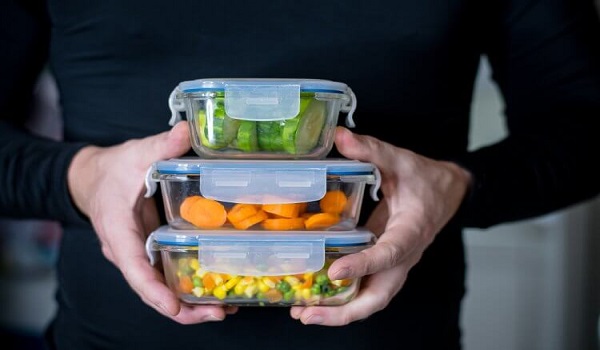Japanese brands Ajinomoto and Meiji are prioritizing efficient inventory management to combat food waste as part of their commitment to the national Food Loss Reduction Declaration led by the Consumer Affairs Association (CAA). Over 100 businesses, including major food and beverage brands, have pledged to reduce food loss and waste in their operations.
Meiji aims to cut domestic food business wastage by over 50% by FY2025 through improved product supply and demand accuracy, reducing excess or defective products in inventory. The company has also implemented new expiration date labels and an improved expiration date system.
Ajinomoto commits to a 50% reduction in food loss by improving production efficiency, strengthening demand forecasting, and displaying new best-before dates. The company plans to collaborate with consumers, providing recipes and information to use food products efficiently, and work with supply chain partners to maximize efficiency.
Mitsubishi Foods plans to reduce food waste generation by 50% by 2030, focusing on AI technology to enhance prediction and ingredient ordering functions for balanced inventory management. The company also emphasizes collaboration with business partners to minimize product returns and actively donate surplus products to food banks.
CAA continues to recruit more food and beverage firms in Japan for the Food Loss Reduction Declaration. Retail outlets, including convenience store giant FamilyMart, are also part of the initiative. FamilyMart aims to cut food waste by 50% in 2030 and 80% by 2050, implementing a Food Recycling Loop to reuse and recycle food waste, contributing to a sustainable approach in its value chain.


